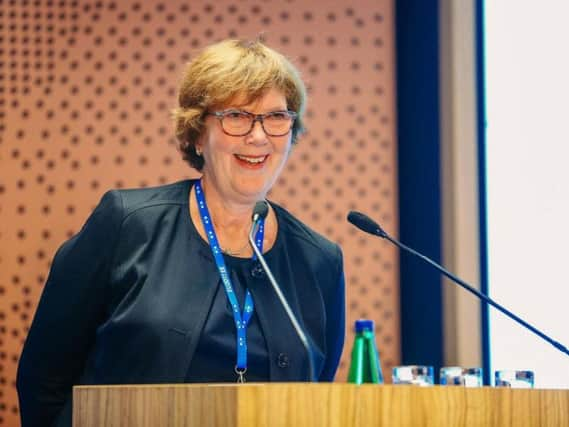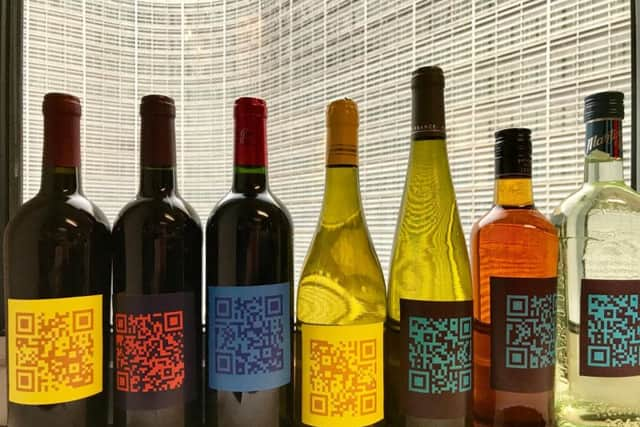Drinks industry under pressure to provide clear labelling


Drinks manufacturers are coming under increasing pressure to provide clear details of just what is in their products amid mounting frustration that consumers are in the dark over what they are drinking.
Alcohol producers are currently exempt from European rules surrounding food labelling.
It means that, while consumers are given clear nutritional and ingredient information for almost everything they eat, what is in their tipple can be shrouded in mystery.


Campaigners say that as a result they are left oblivious to the calories, sugar content and sometimes unexpected added extras to their bottle – such as artificial colouring added to whisky and charcoal, fish extract and gelatine often used by wine producers.
Last month the drinks industry responded to a European decision to allow producers to come up with a self-regulated labelling solution by opting against printing clear information on bottles.
Instead they have suggested providing QR codes on bottles which consumers can scan using a smartphone to access online information.
The move sparked condemnation from health and alcohol campaign groups across Europe, and claims that the drinks industry had failed consumers.


Mariann Skar, secretary general of European Alcohol Policy Alliance (Eurocare), which represents 59 civil society organisations from 24 European countries, said: “People need to know what is in their bottle.
“We must assume that wine and spirits producers don’t want to provide this information.
“The European consumer organisation, BEUC, has written to the European Commission to complain, saying consumers have the right to know what they are drinking.
“Public authorities have an obligation to ensure consumers have the ability to make informed choices.”
The issue is among a range of topics due to come under scrutiny at the 8th European Alcohol Policy Conference at the Royal College of Physicians of Edinburgh in November.
The Enlightened Alcohol Policy for the 21st Century conference will bring together 300 delegates for two days of debate linked to a variety of modern alcohol-related issues.
The conference, which is organised by SHAAP (Scottish Health Action on Alcohol Problems) and Eurocare and is being supported by the Scottish Government, is expected to result in a call for international collaborative action to challenge the impact of alcohol in six key areas: health, justice, gender, economy, youth and recovery.
The issue of labelling is due to be led by Skar as part of the Justice section of the conference.
The drinks industry has had a year to present its labelling proposals following a European Commission decision that there are no grounds to justify not having ingredients or nutritional information on their products.
The commission could introduce mandatory labelling if the industry proposal is rejected.
Skar said: “Research has shown that 86 per cent of consumers want to know what they drinking, whether it’s because they are interested in the calories or want to know the ingredients. But who will go online to check the information?
“I believe the wine industry wants us to believe their produce is healthy and is just made from grapes and simply don’t want to provide the information.”
Other speakers in the Justice session of the conference include Arianna Andreangeli, law lecturer at Edinburgh University and member of SHAAP steering group, and Christine Goodall of Glasgow University and founder of Medics against Violence, who is also on the SHAAP steering group member.
They will be joined by Johanna Gripenberg, STAD, Stockholm Centre for Psychiatric Research, who will present a talk on alcohol, safety and football stadia; and Wim Van Dalen, STAP, Utrecht, whose talk will focus on enforcement of age limits for alcohol sales.
The 8th European Alcohol Policy Conference will take place at the Royal College of Physicians in Edinburgh on 20 and 21 November. To book a place, visit www.8eapc.eu